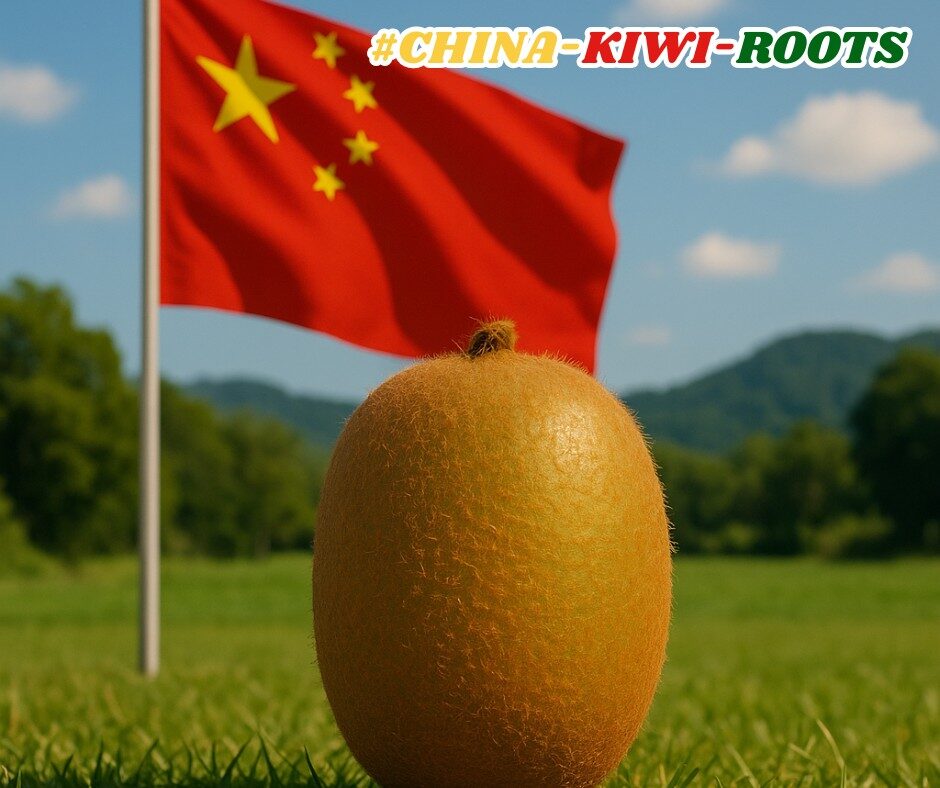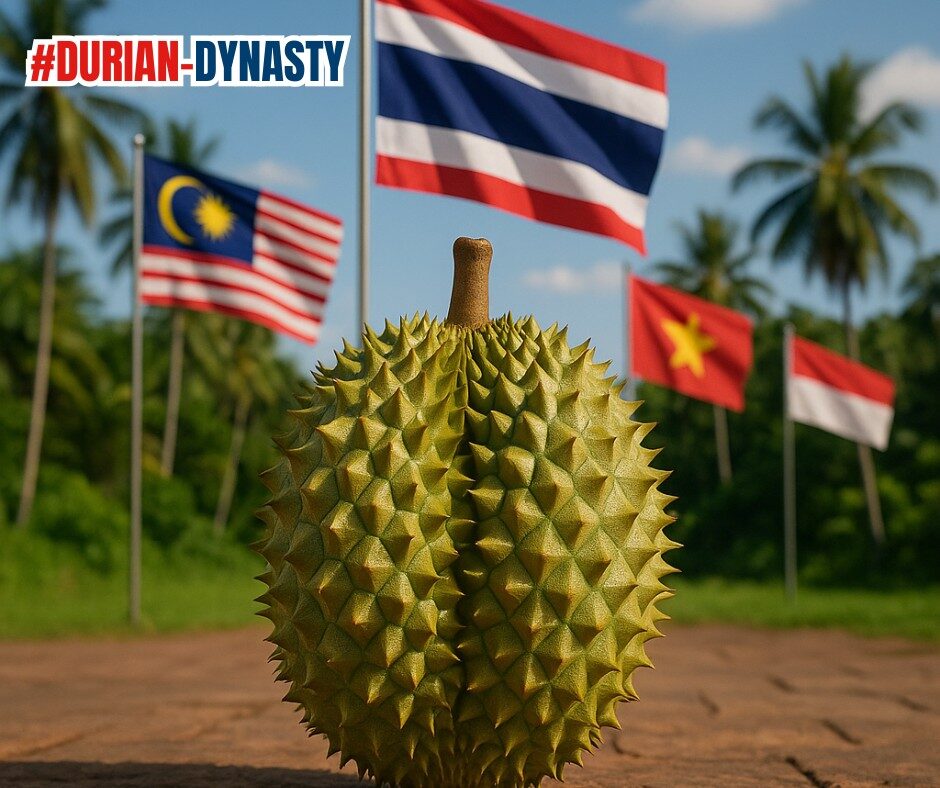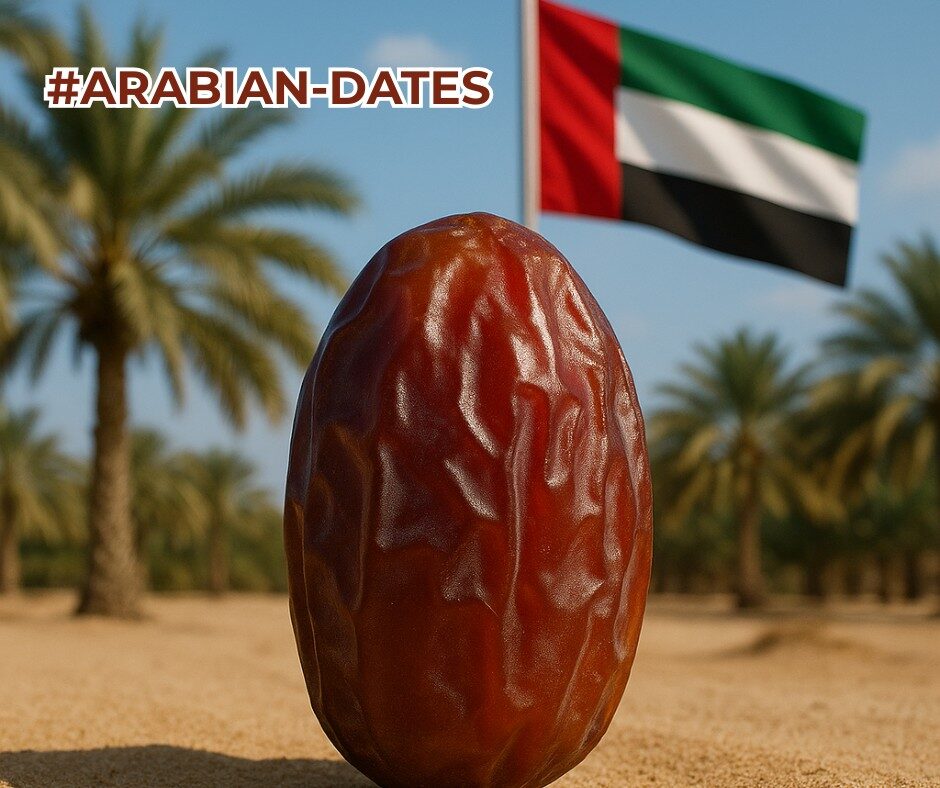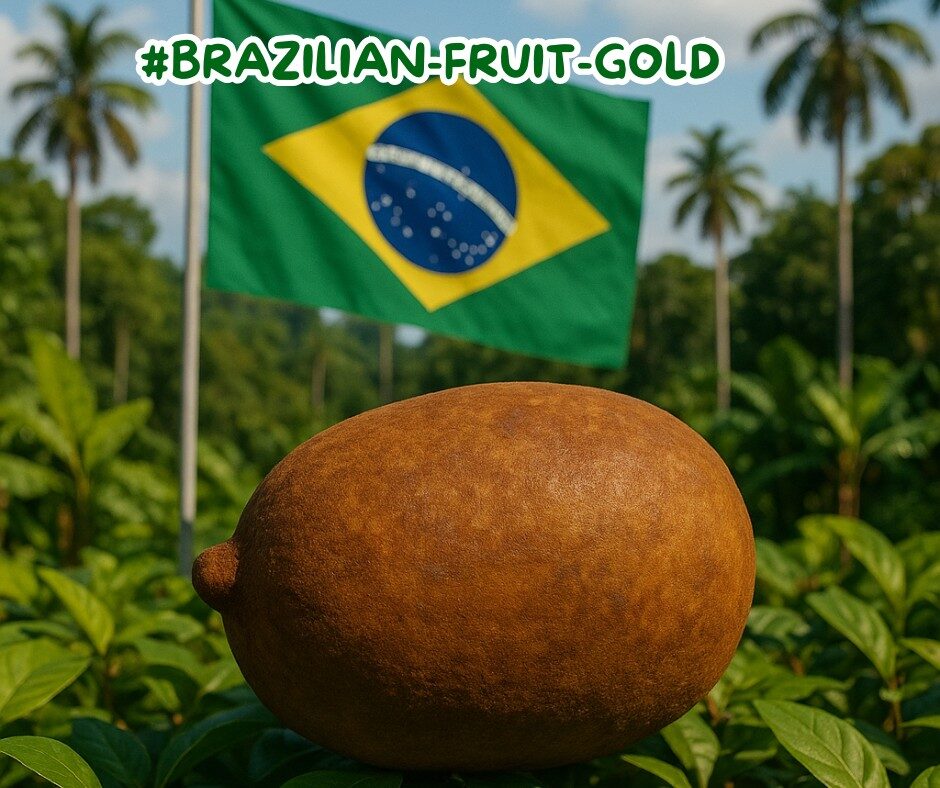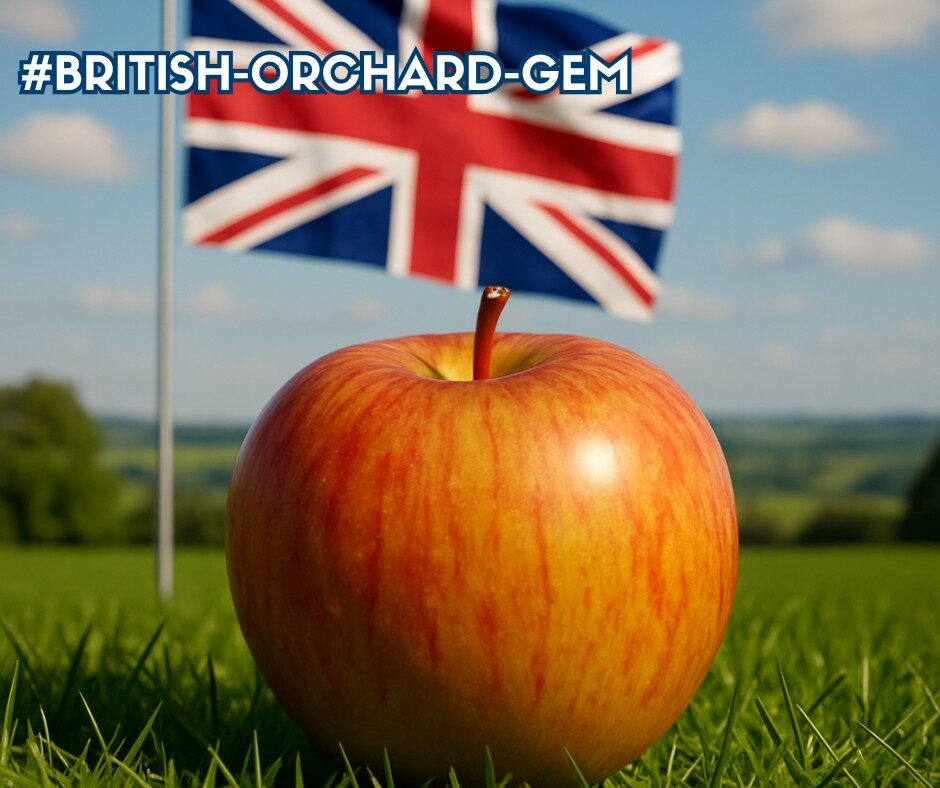by Dr. Marli Botha
A healthy way to limit sodium in your diet is to eat more fresh fruits and vegetables. Most are either very low in sodium or sodium-free. Fruits and vegetables with zero grams of sodium include plums, cherries, persimmons, peaches, nectarines, tomatillos, and baby zucchini squash. Fruits and vegetables with 5 milligrams of sodium or less include avocados, blueberries, grapes, pomegranates, oranges, watermelon, strawberries, pears, peas, potatoes, corn, sweet peppers, romaine lettuce, white mushrooms, and cucumbers.
What is sodium?
Table salt is made up of two parts – sodium and chloride. Sodium is the part of salt that can increase your blood pressure when you eat too much of it. Sodium can also come from the following sources: Baking powder, celery salt, garlic salt, meat/yeast extracts, mono-sodium glutamate (MSG), onion salt, rock salt, sea salt, sodium ascorbate, sodium bicarbonate, sodium nitrate/ nitrite, stock cubes, vegetable salt.
Why is salt good for me?
The human body needs certain amounts of sodium in order to function properly. Our body contains electrolytes – chemical substances that become ions in solutions and are capable of conducting electric impulses. The balance of electrolytes in our organism is essential for the proper functioning on cellular level. Sodium is an important electrolyte. Therefore, sodium helps in maintaining the proper balance of liquids in our bodies and it has an impact on the transmission of nerve impulses. Sodium also has a say in the process of muscle contractions.
One cup (237 ml) of 100% watermelon juice provides almost 6% of the daily value for potassium and magnesium while offering small amounts of other electrolytes like calcium and phosphorus. Watermelon juice also contains L-citrulline. When used at supplemental doses, this amino acid may enhance oxygen transport and athletic performance
Below is a recipe of a home-made citrus-based electrolyte drink:
https://dontmesswithmama.com/homemade-citrus-electrolyte-drink/
Why is too much salt bad for me?
There are many reasons why we can’t afford to take these warnings with a pinch of salt. Currently, 6.3 million South Africans live with high blood pressure, giving us one of the highest rates of hypertension in the world. Salt, or sodium chloride, is a key contributor to high blood pressure, as it makes the heart work harder and can lead to heart disease, stroke, heart failure, and kidney disease. A high-salt diet can also lead to kidney stones and a loss of calcium in the urine, which is bad for bone density.
This article was compiled by Dr. Marli Botha with the intention to inform and educate the public. All relevant contributing information is based on the regulations of March 2010 (R146) as well as the published R429 draft of the regulations as a guideline for those issues that are not covered by R146.
